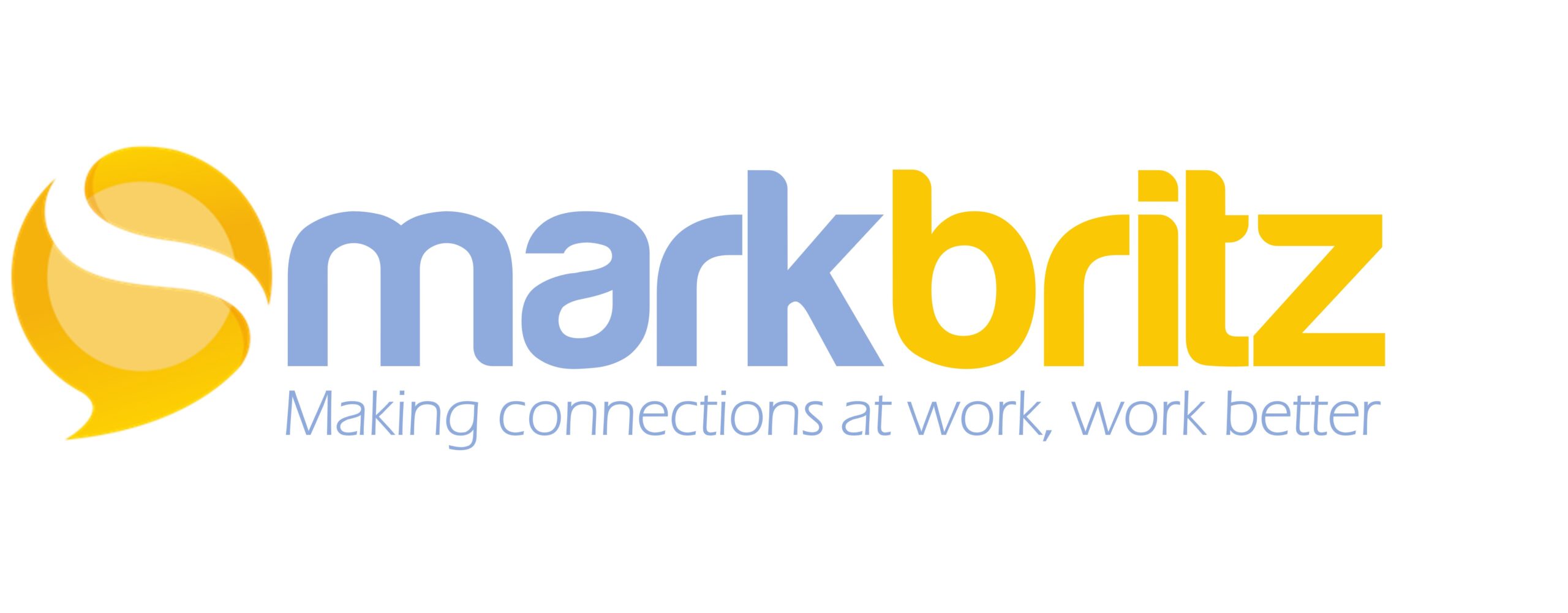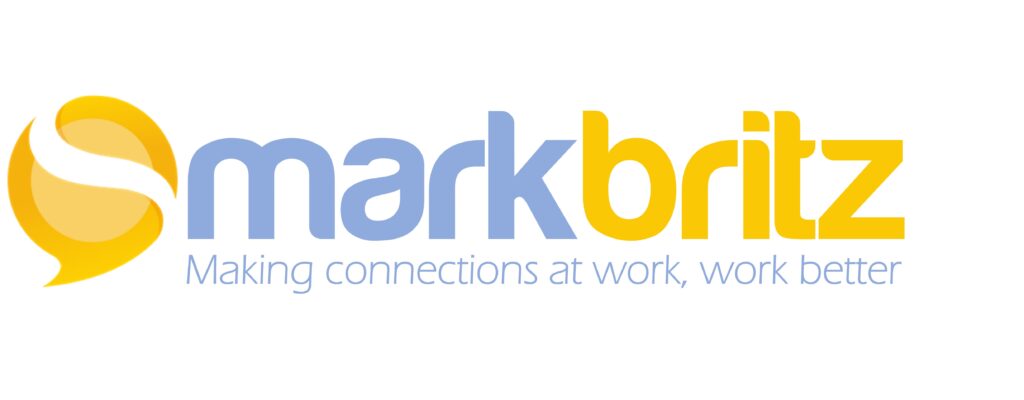On the recent anniversary of the Gettysburg address by Abraham Lincoln I serendipitously was re-introduced to an ancient text by the Greek leader Pericles which has uncanny similarity to Lincoln’s famous speech in a similar context. Both wrote of their current struggles and the glory that was the nations they fought to preserve.
“We throw open our city to the world, and never by alien acts exclude foreigners from any opportunity of learning or observing, although the eyes of an enemy may occasionally profit by our liberality; trusting less in system and policy than to the native spirit of our citizens.”
These are the some of the words of Pericles (Leader of Athens 444BC to 430BC.) where he gave historians a vivid picture of Athens and all it’s practices that helped lead it to be a model for much of Western civilization.
Being a former History teacher, I have always been fascinated by eras of great advancements in humanity and the human condition which often are a result of cultural diffusion and removal of barriers. I see parallels to current events and the past and feel too that with the advancements in collaborative technology we are diffusing on a massive scale and entering a new and probably the most significant of Golden Age‘s …and organizations can also be transformed.
For example during the Golden Age of Athens, fearless and without hindrance, Athenians placed greater attention on creative and innovative pursuits. Furthermore Athens, being a seafaring power, ventured out to the edges of known civilization uninhibited. Through trade, Athenians brought more than merchant goods to all of Athens but idea from other worlds that would fuel its innovation and lead to advances in Arts, Literature, Architecture, Governance, etc permeate all of Western civilization today.
What lessons can organizations today, which can be compared to nation-states, take away from the Golden Age of Athens?
Geographically Athens was surrounded by a rugged landscape. Fertile farmland was scarce and thus an agrarian society was not a choice. Athenians had to turn to the sea. Likewise organizations today cannot survive isolated; resting solely on its internal workforce and leadership will not result in a sustainable enterprise. The successful organization must reach out from its borders not to seek and acquire talent but to enable its people to connect with talent everywhere and through these connections grow, innovate and create.
Athenian merchants, driven by self-interest, served themselves but unconsciously served to grow Athenian influence and power. Athenians were proud and loyal because theirs was a nation that placed the individual above the state. Together they rose. Today organizations who aim to contain and control their people in their pursuits limit themselves and ultimately create distrust and disenchantment; not the loyalty they so greatly expect and desire.
As Pericles eludes to in the excerpt above, Athens subscribed to both transparency and openness. They revealed their innovations to the world and invited others in knowing full well their strength was not in their systems and products but in their people. Their enemies might profit occasionally but the long-term gains of openness far outweighed the short-term losses.
Organizations too, who choose to invest in their people and their happiness, drop their fruitless efforts at security and reap the rewards of individual freedom of the people. People, free to connect and create with passion and zeal, benefit their organization. And although organizations will encounter periodical challenges from competitors. This trust can only lead to greater gains.
Organizations too, who choose to invest in their people and their happiness, drop their fruitless efforts at security and reap the rewards of individual freedom of the people. People, free to connect and create with passion and zeal, benefit their organization. And although organizations will encounter periodical challenges from competitors. This trust can only lead to greater gains.
Arguably the greatest reason for Athens success was [Direct] Democracy. The belief that the people, collectively, determined and directed policy. Debate was encouraged and contribution to Athenian politics was not a request but a duty. Hierarchy existed to execute the laws but not create them. Each, regardless of position, had a voice and was encouraged to use it.
Today, through collaborative tools, Democracy can be reborn in our modern [organizational] nation-states. We have an technology enabled ability in our organizations to hear all voices, to debate, to encourage contribution, and to influence hierarchy. These same tools can extend us beyond our borders, seek fertile environments and bring back to the enterprise innovative ideas and solutions. This is about trust; trust in our organizations, trust in the systems, trust in each other.
Leaders today have an opportunity then to embrace the principles of openness, transparency, and democracy as Athens subscribed, resulting in great work and prosperity or continue down the path of exclusion, deception, control.


